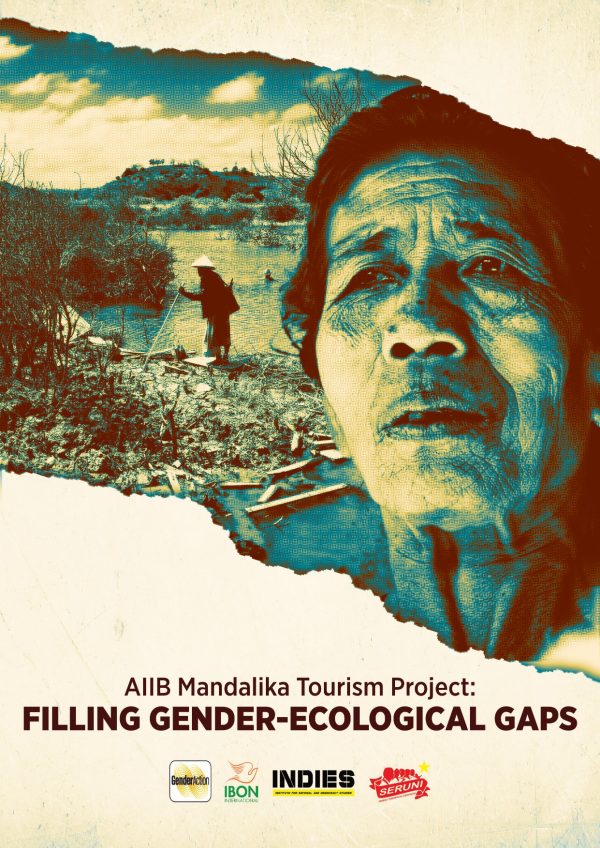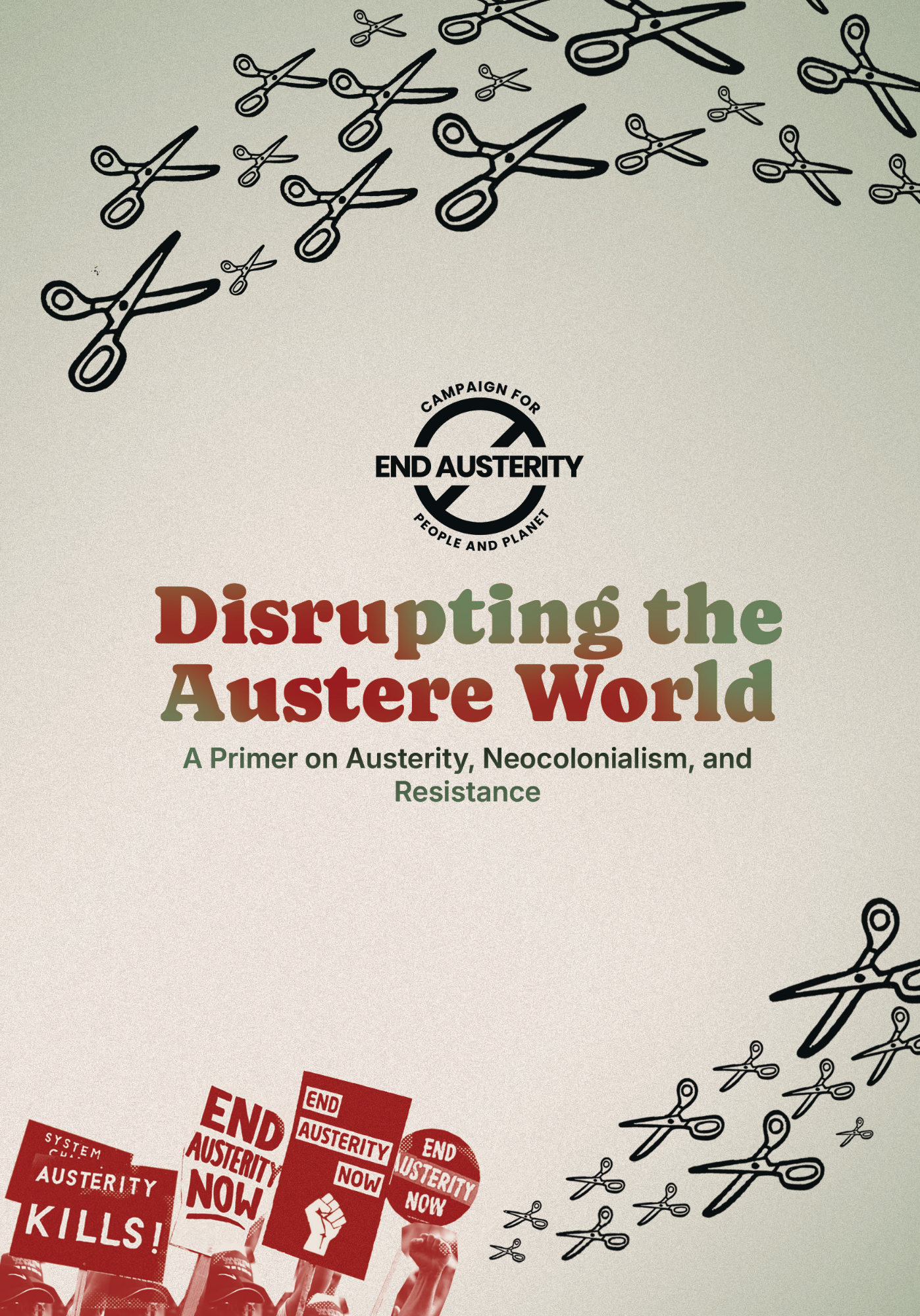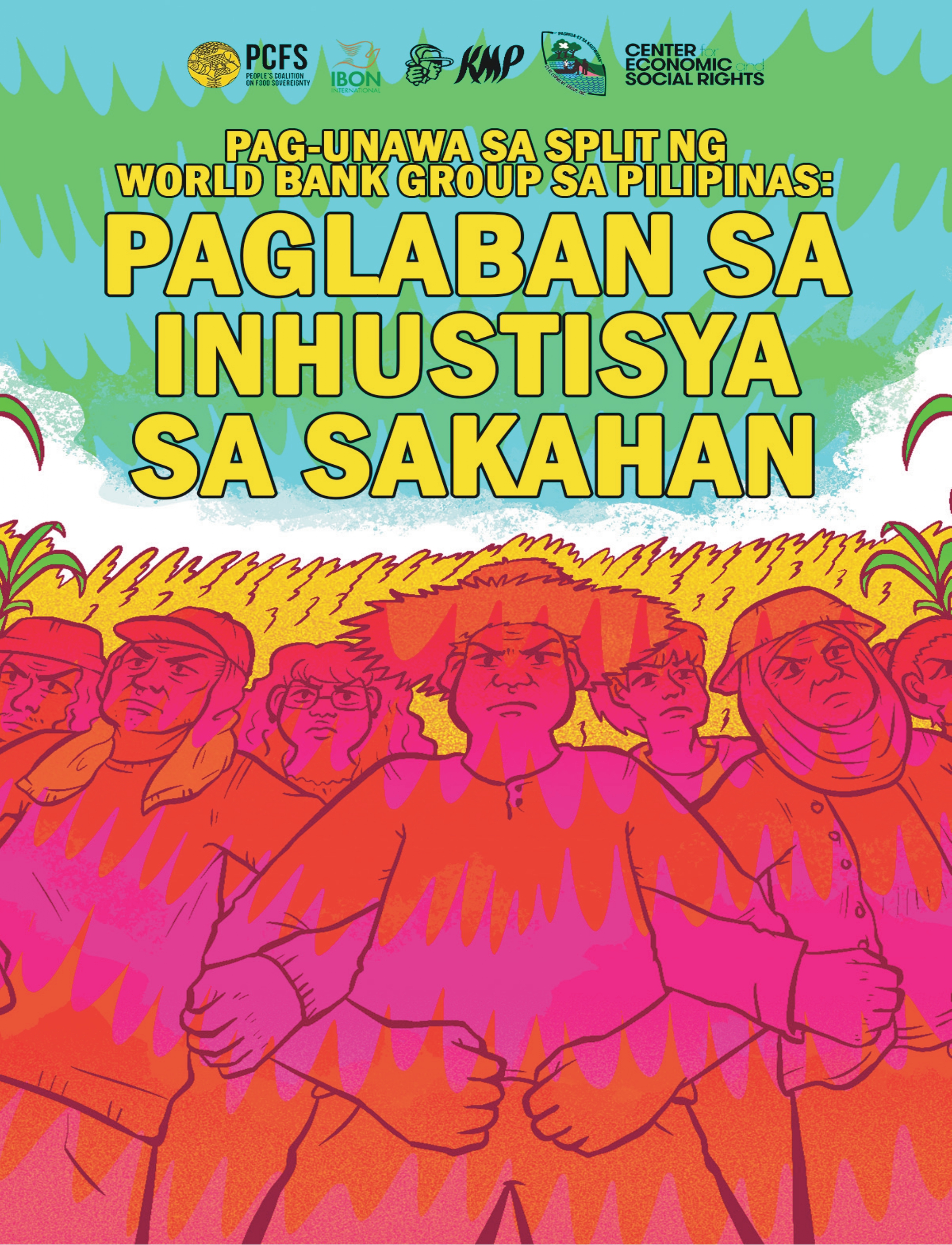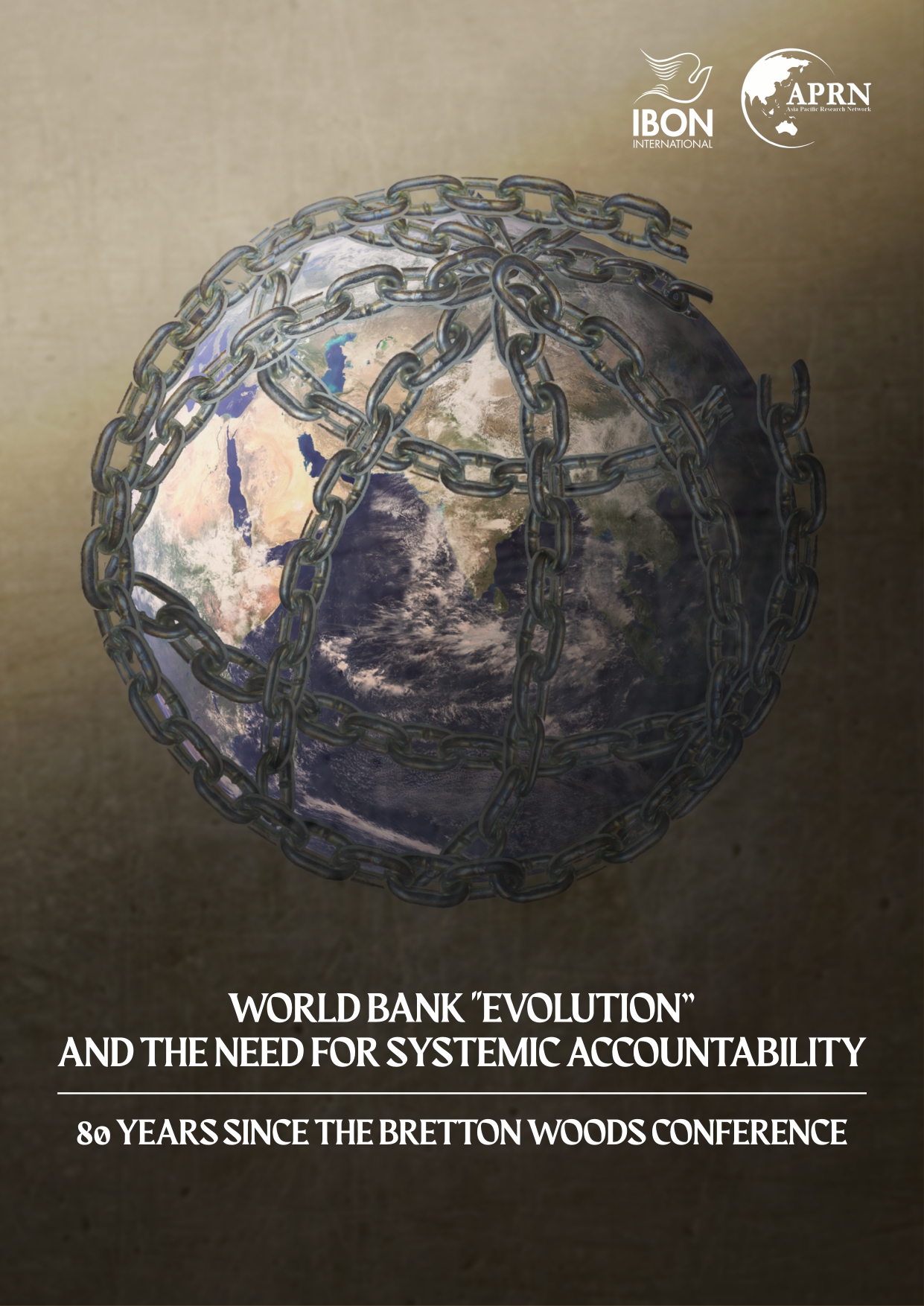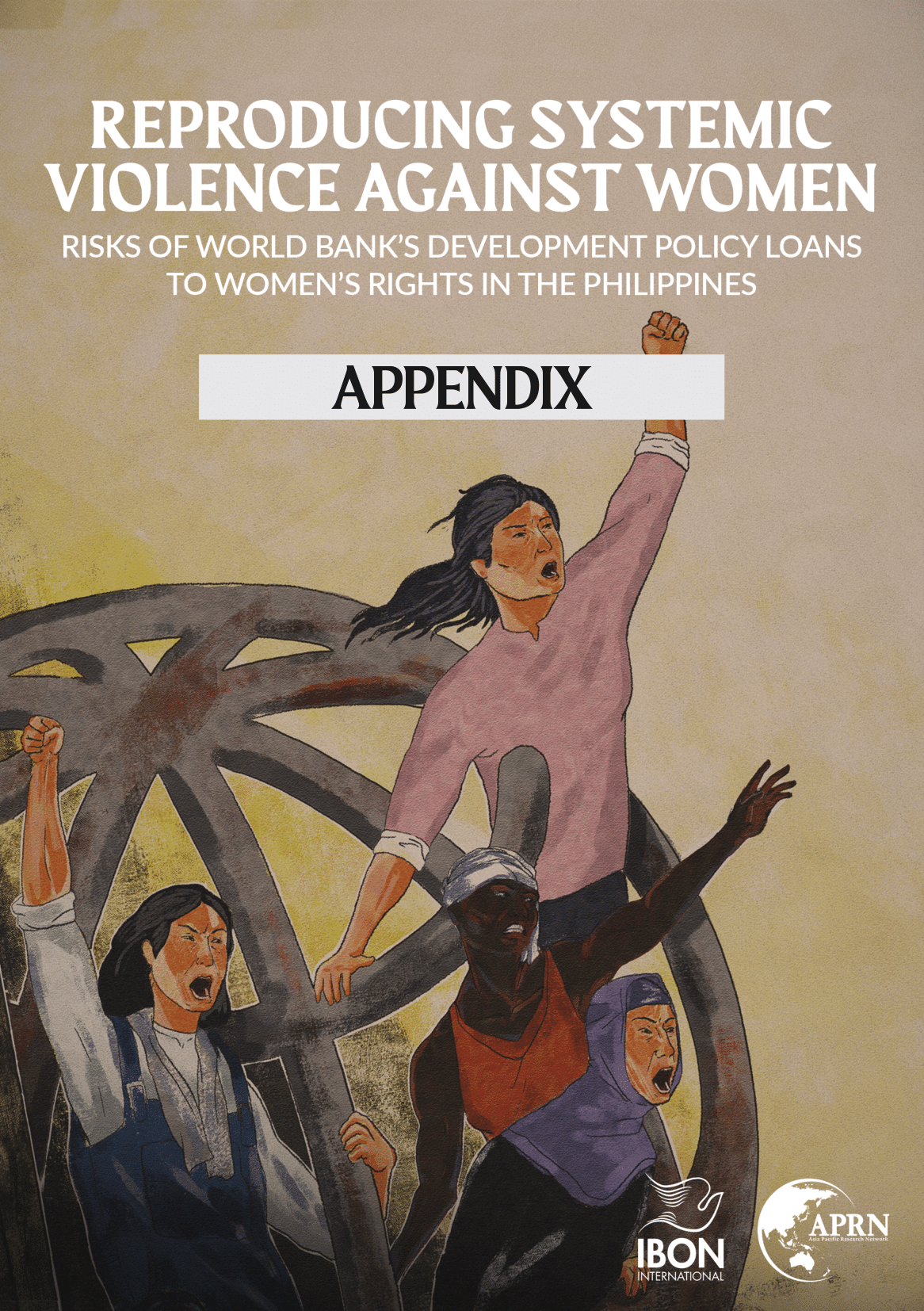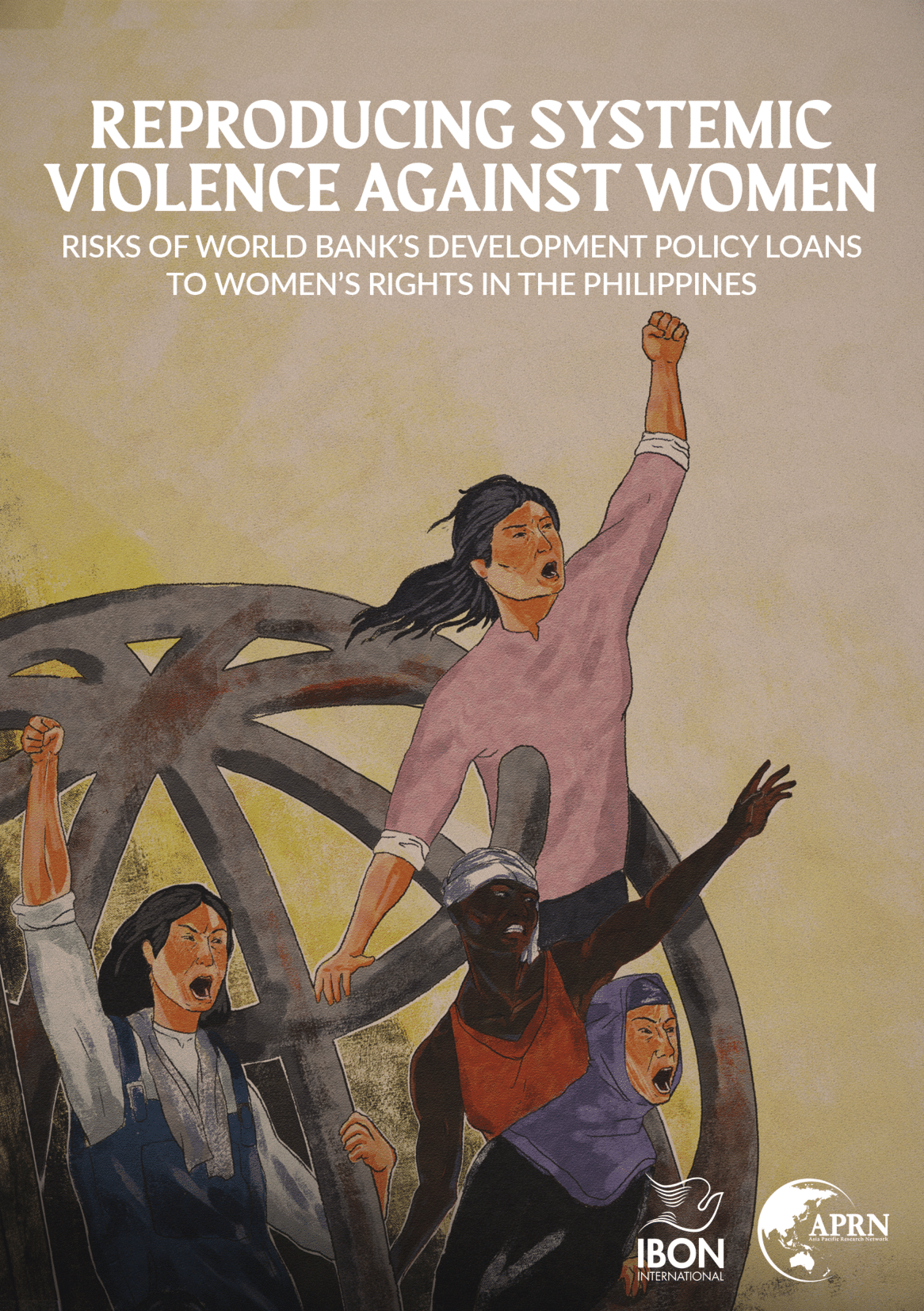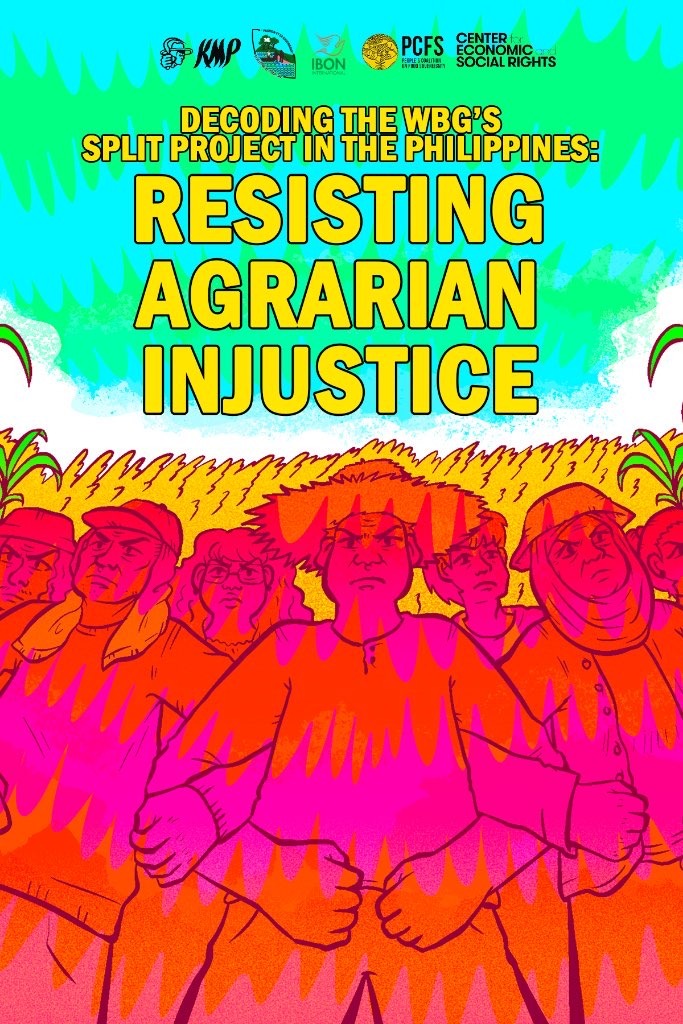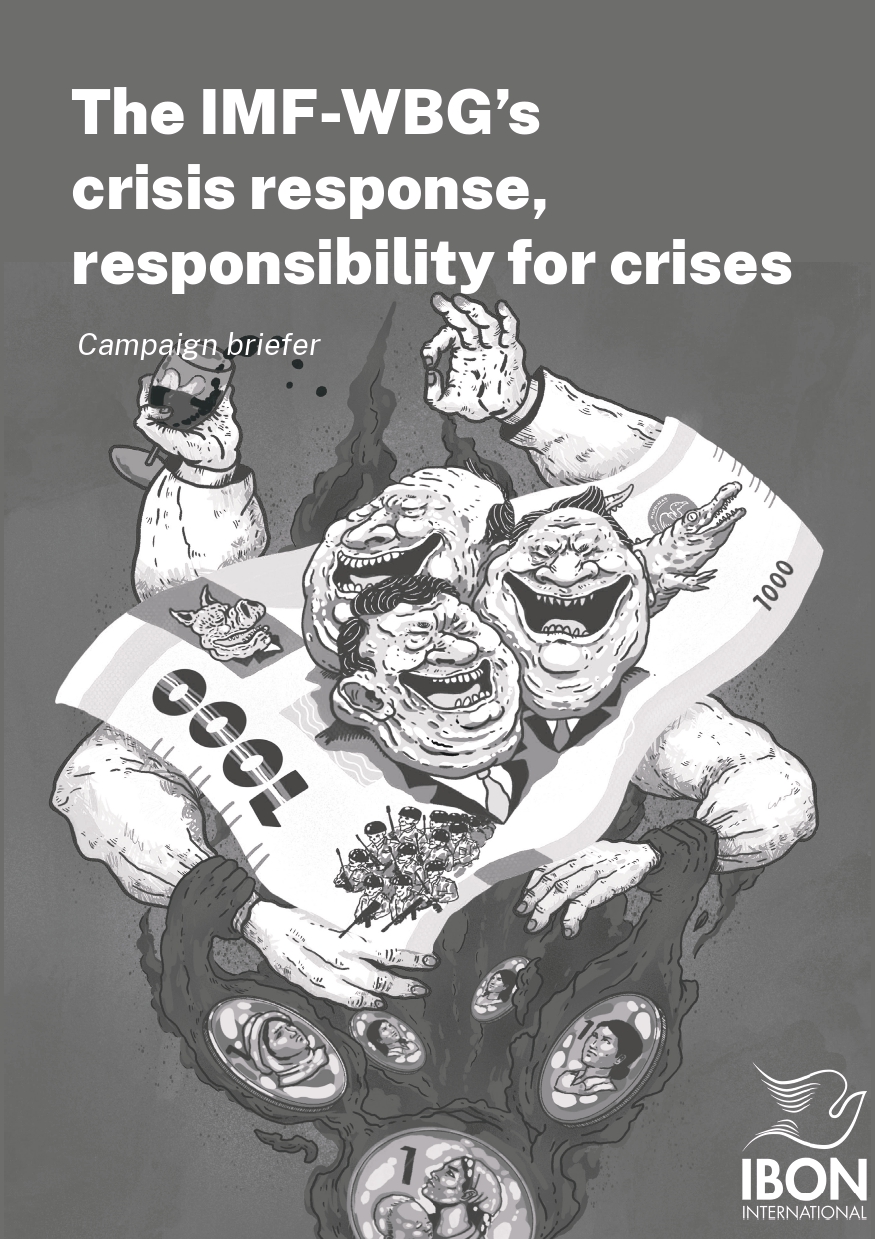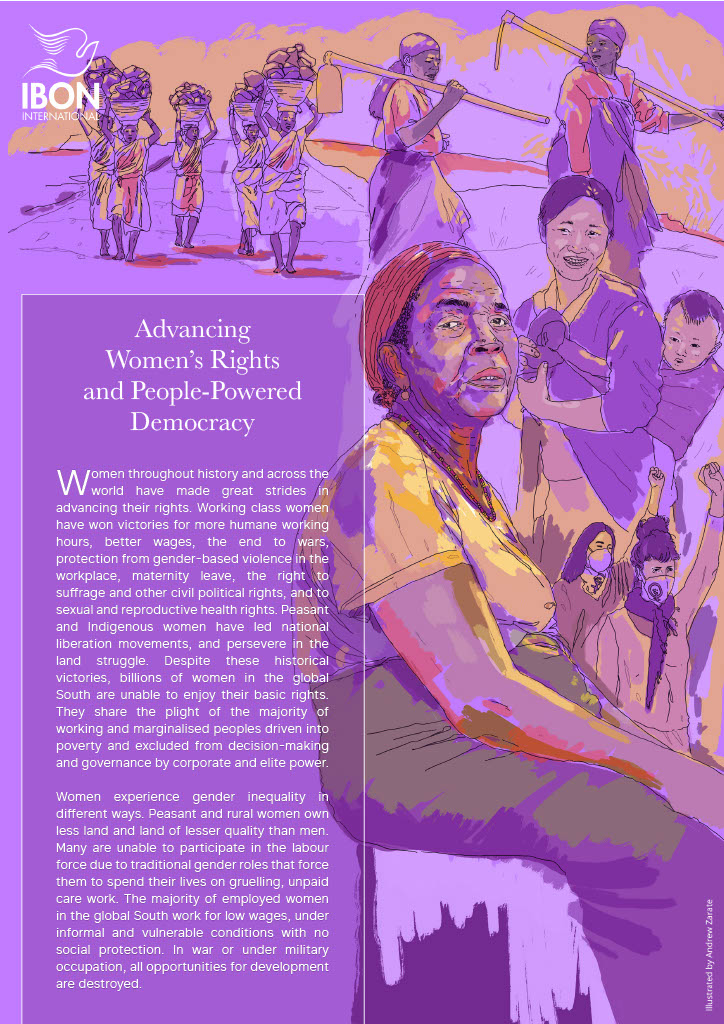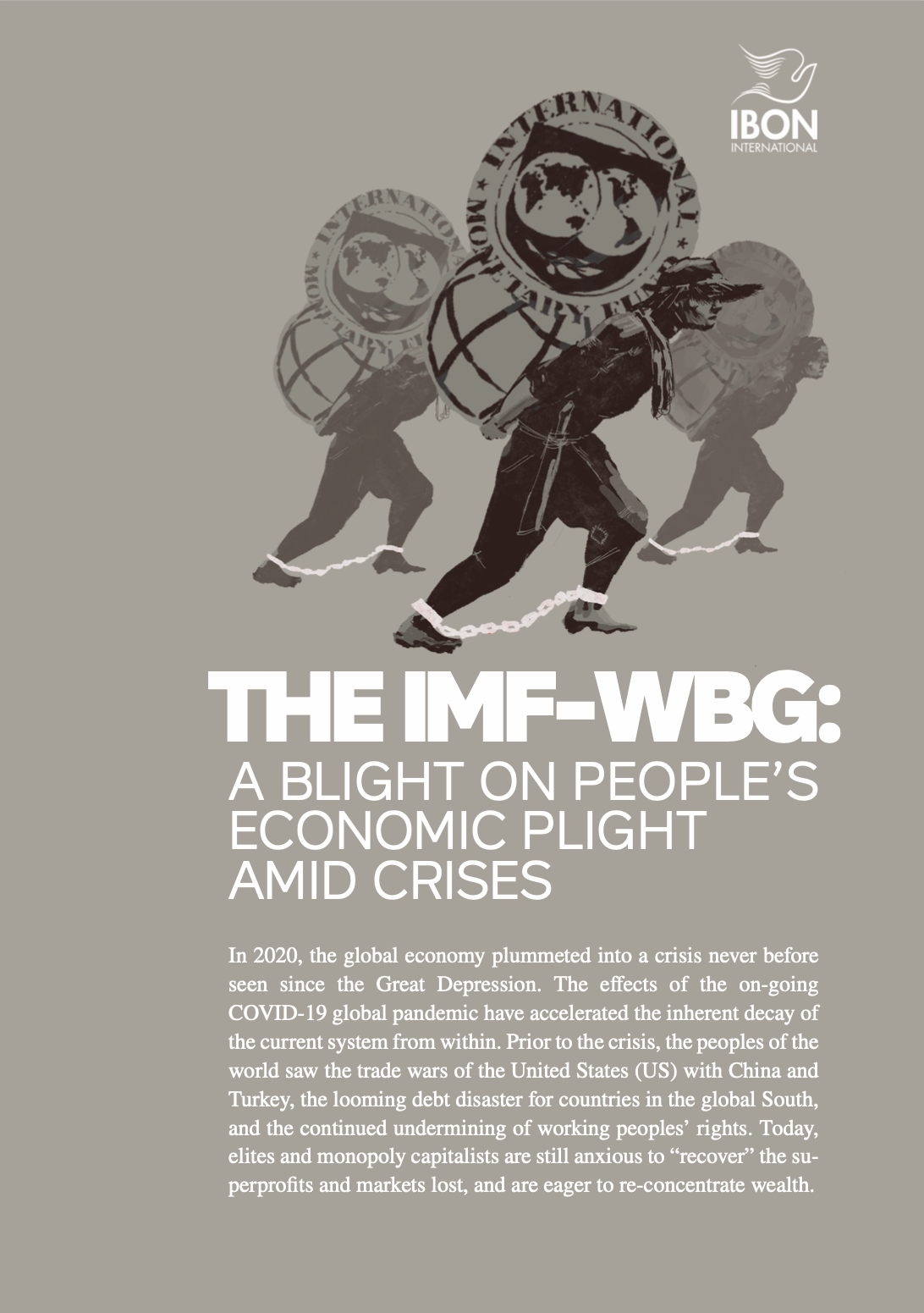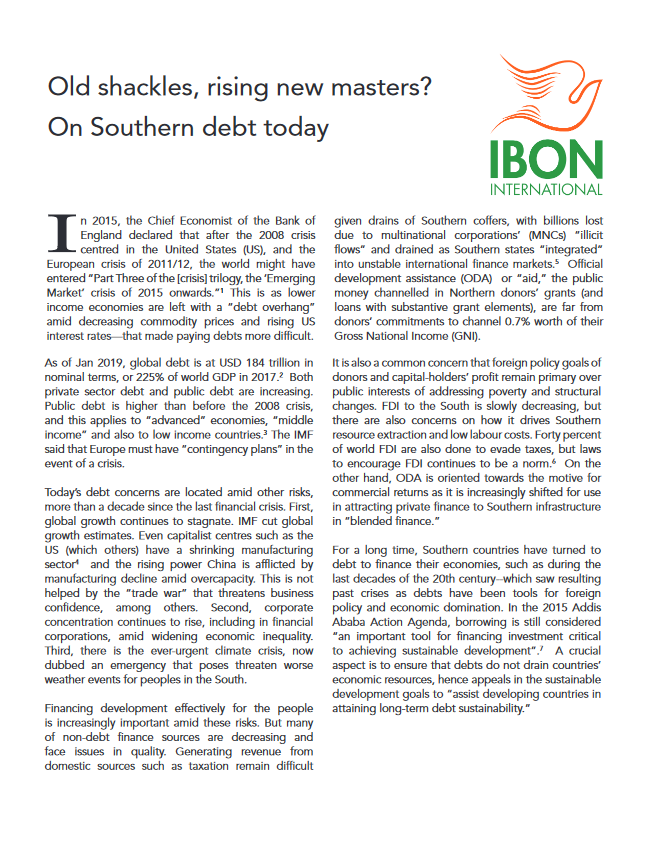This case study adds new insights to existing strong critiques of the AIIB Mandalika Urban Tourism Infrastructure Project (MUTIP). Previous critics have highlighted issues such as land dispossession, undemocratic decision-making, militarization, repression, and undermined livelihoods affecting project-affected peoples, most of whom are Indigenous Peoples (IPs). This study spotlights additional intertwined gender, biodiversity, and climate-related harms of MUTIP.
MUTIP, AIIB’s first stand-alone operation in Indonesia, aims to develop a new Bali-like tourism destination at Lombok Island’s Mandalika Special Economic Zone. It includes two components: (1) infrastructure provision for tourism and affected communities, and (2) technical assistance to manage project construction and train villagers.
While the AIIB measures success through private capital mobilized, tourist numbers, and local residents employed in tourism, our fieldwork shows a lack of attention to gender, human rights, biodiversity, and climate impacts. Although MUTIP’s Environmental and Social Management Plan commits to addressing social and ecological issues, including avoiding involuntary resettlement, improving livelihoods, recognizing women as a vulnerable group, and minimizing vegetation clearing – our fieldwork found little adherence to these commitments.
